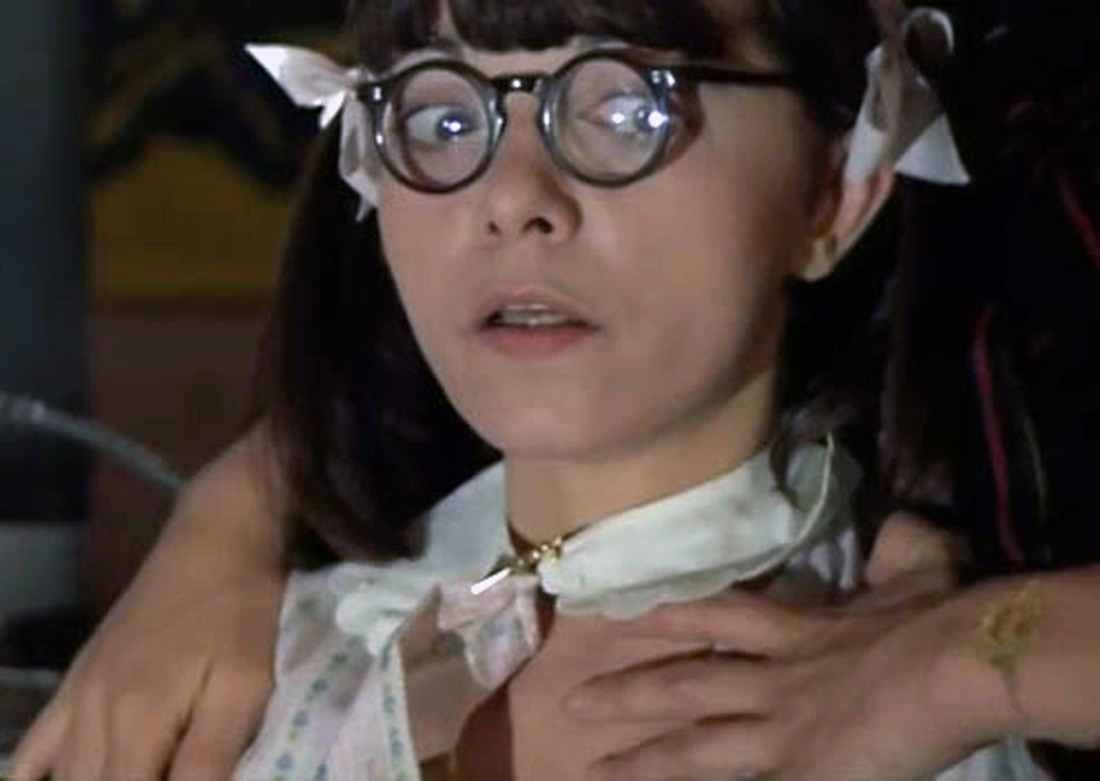curator's noteThis week, our writers were once again confronted with the task of discussing a film that resides outside the norms of film criticism. The bizarre and at often times difficult to watch LA RUPTURE (Claude Chabrol 1970) creates a hectic, drug-addled experience from start to finish which only increases in confusion as the rules of cinematic editing are loosened throughout its running time. The chaos that ensues will no doubt allow room for an stimulating debate with our writers. MENTAL ILLNESS IN LA RUPTURESUMMER MANNINGThe neglect and abuse of mentally ill characters such as Charles and Elise is common in media, with notable examples being WALTER (Stephen Frears 1982) and FORREST GUMP (Robert Zemeckis 1994). A disturbing aspect of LA RUPTURE (Claude Chabrol 1970) is its treatment of mental illness. Charles (Jean-Claude Drouot) is a man struggling with drug addiction and is unable to cope with his illness. Rather than the film following his journey to becoming drug free or learning how to manage his symptoms, the story focuses on how his illness affects those around him. His wife (Stéphane Audran) and father (Michel Bouquet) spend their time blaming each other for his mental state while he is left at home. When he is finally on screen again he tells his wife “It’s as if I’m dead here”, which suggests that he is treated as less than a person, even in his childhood home because of his disability. Another mentally disabled character depicted in LA RUPTURE is Elise (Katia Romanoff), a childlike teenage girl who is taken advantage of. In a harrowing scene (which victims of sexual assault are advised to avoid watching) Paul Thomas (Jean-Pierre Cassel) drugs and kidnaps Elise and takes her to his girlfriend (Catherine Rouvel) who is disguised as Hélène and they force her to watch a pornographic film whilst “Hélène” gropes her. Elise is chosen as a victim because she is vulnerable. She is powerless to stop them whilst under the influence of drugs, and due to her disability is unable to understand the nature of her sexual assault or be able to seek help. When the film was released in 1970 such treatment of those who are mentally disabled was not protested at the time, demonstrating a shift in the reception of mentally ill characters, as the above scene would be a source of contention for modern audiences. Every day this week a different writer will provide their perspective on our MUBIVIEWS film and each post will be open to comments from our readers. Watch LA RUPTURE on mubi.com until 5 May 2017 and join the discussion!
0 Comments
Your comment will be posted after it is approved.
Leave a Reply. |
MUBIVIEWSOne MUBI film, five perspectives, endless possibilities. Archives
July 2017
Categories
All
|



 RSS Feed
RSS Feed
